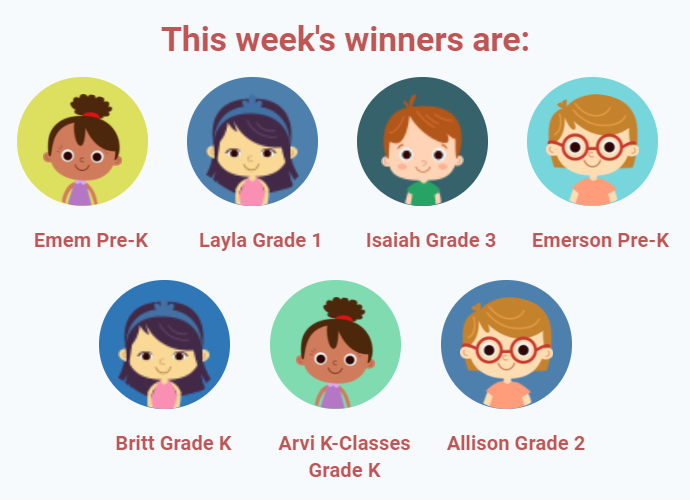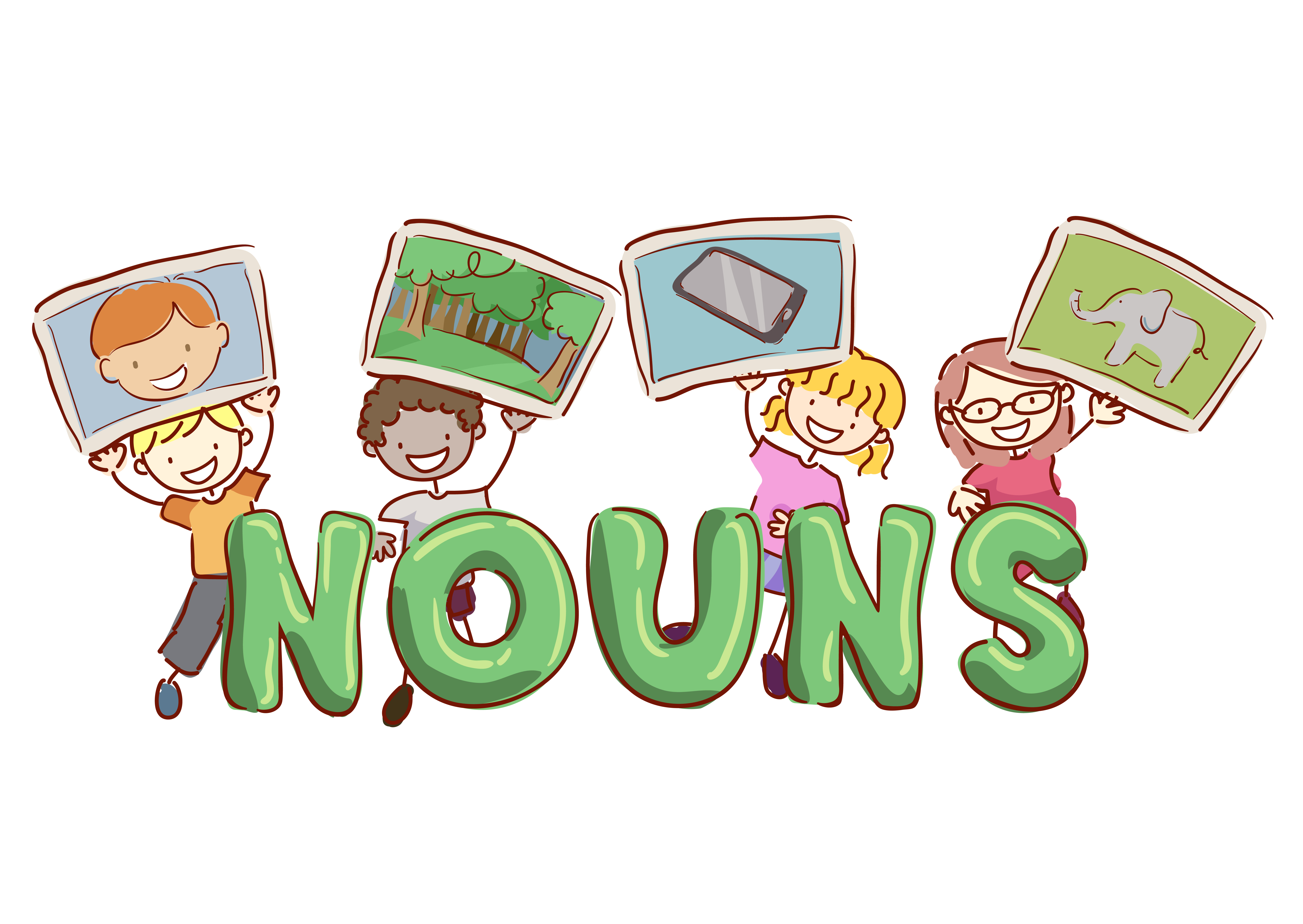Developing analytical thinking Normal Worksheets for Ages 6-7
5 filtered results
-
From - To
Enhance your child's analytical thinking skills with our engaging Normal Worksheets designed specifically for ages 6-7. These worksheets foster critical thinking and problem-solving abilities through fun and interactive activities that capture young learners' attention. From logical reasoning puzzles to simple data interpretation exercises, each worksheet is tailored to help children learn to analyze information effectively. Our thoughtfully crafted resources not only promote cognitive development but also encourage creativity and curiosity. Perfect for home or classroom use, these worksheets offer a comprehensive approach to nurturing analytical skills in early education. Start your child's journey towards confident thinking today!
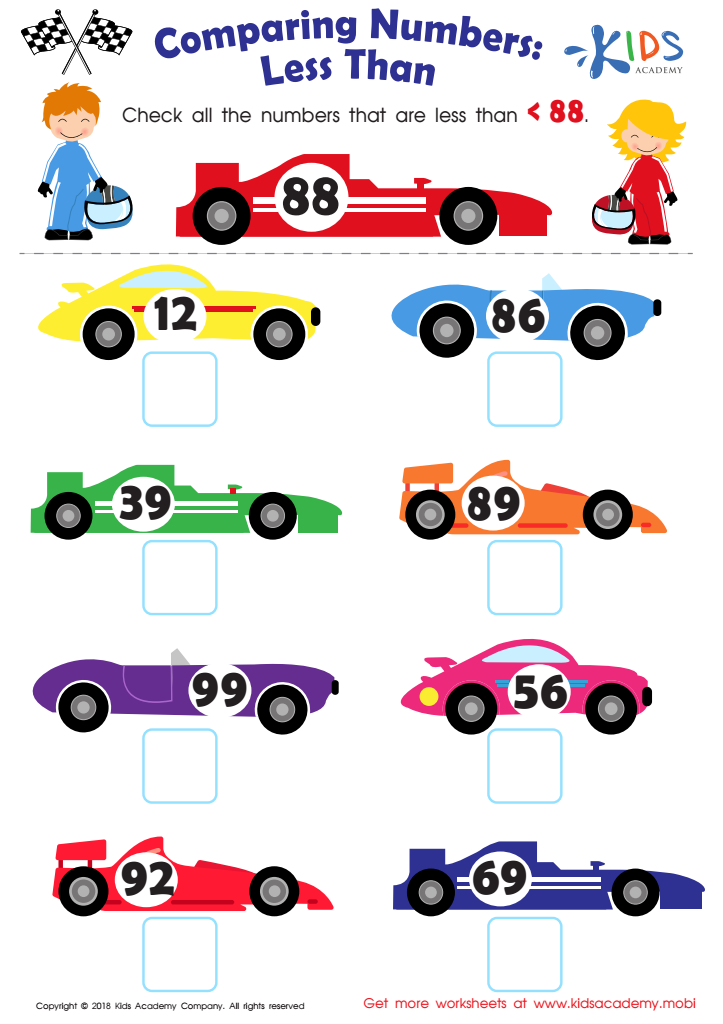

Less Than Worksheet
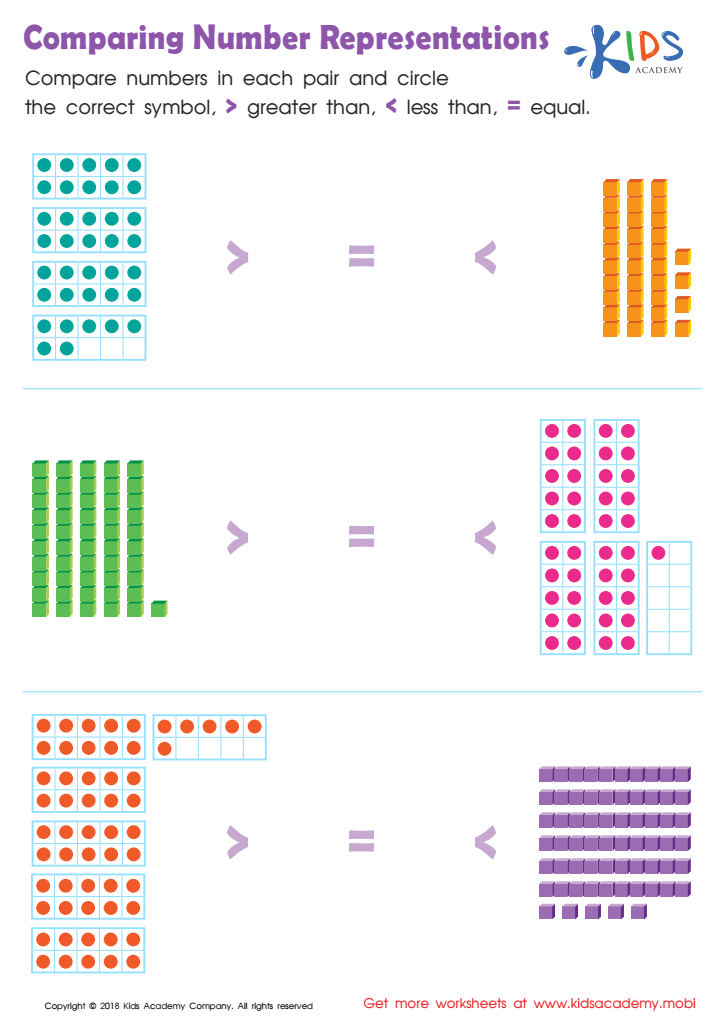

Comparing Number Representations Worksheet
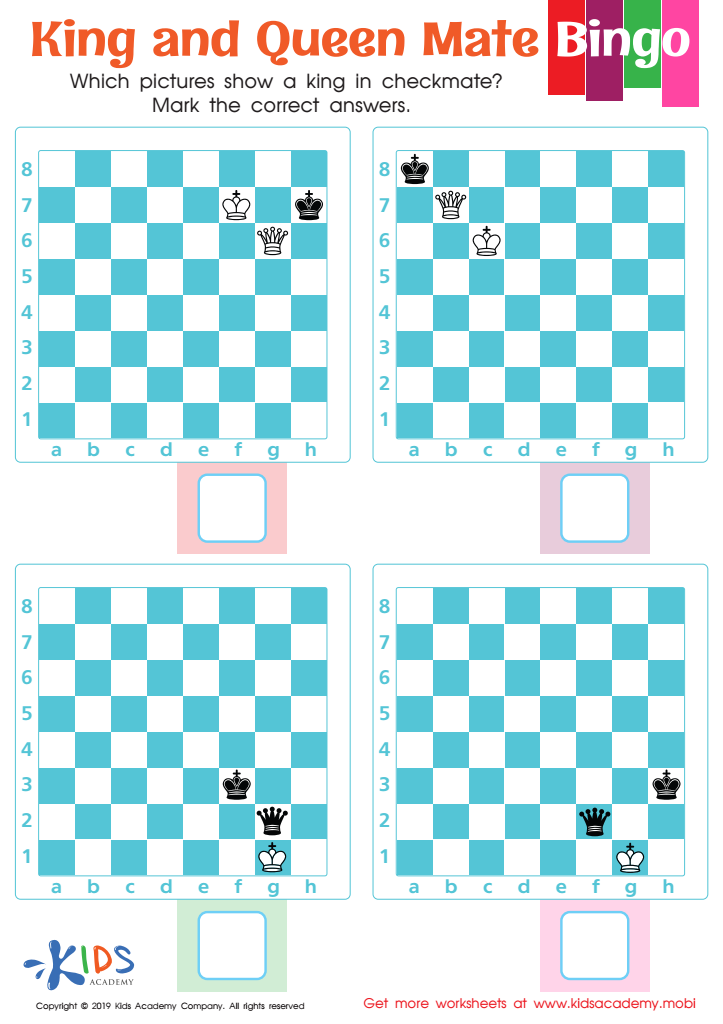

King and Queen Mate: Bingo Worksheet
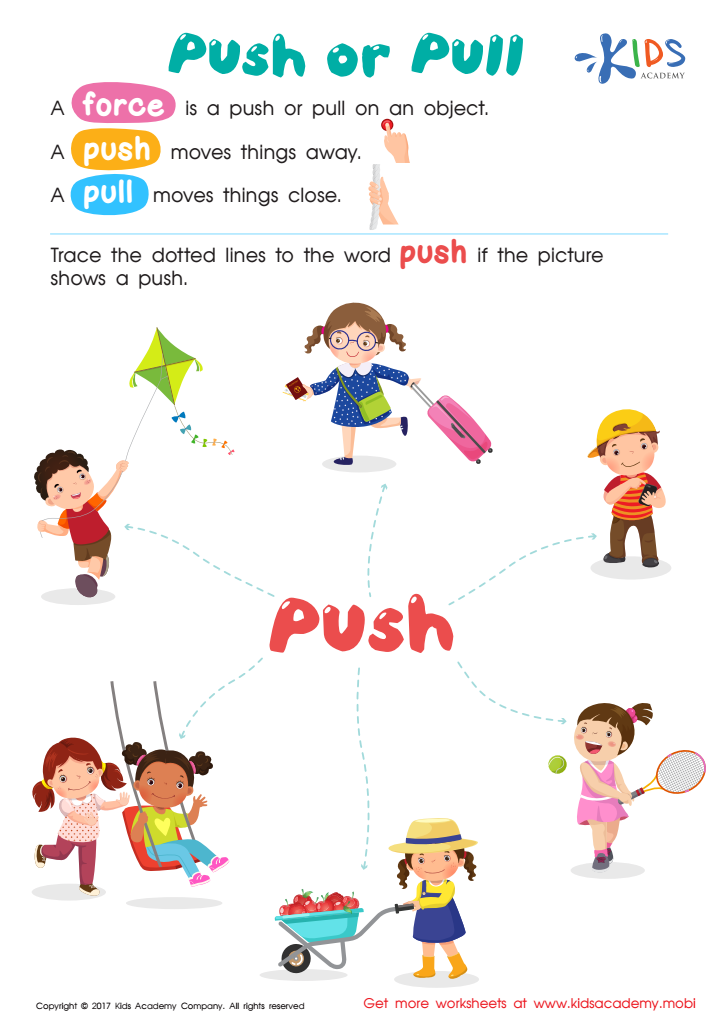

Push or Pull Worksheet
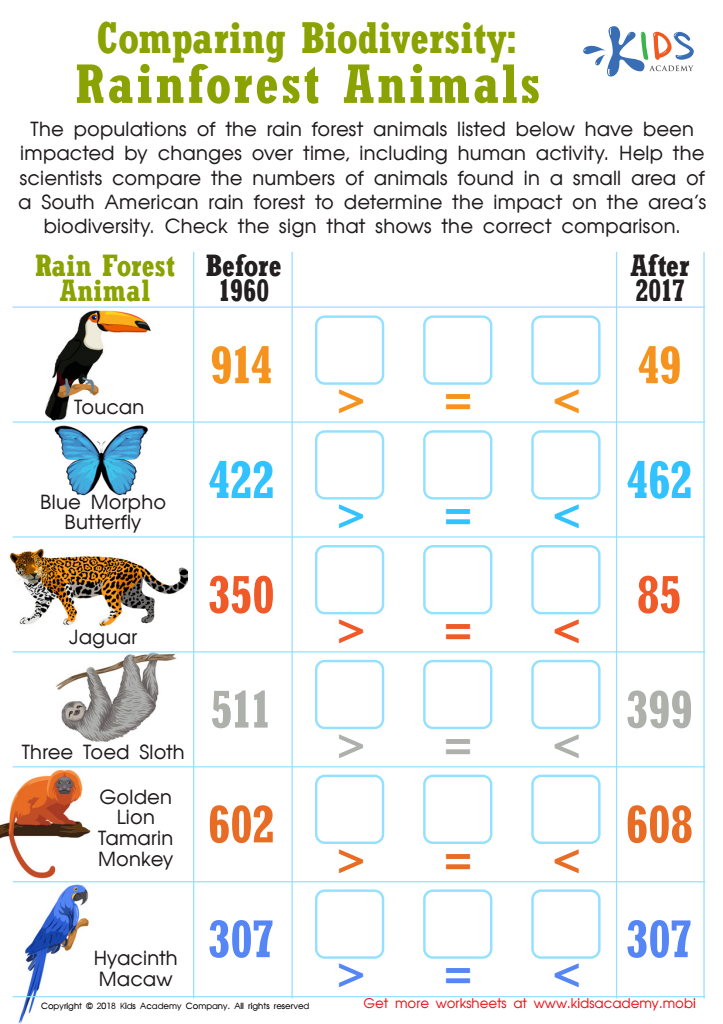

Comparing Biodiversity: Rainforest Animals Worksheet
Developing analytical thinking skills in children aged 6-7 is crucial for several reasons. At this formative stage, children are beginning to expand their cognitive abilities, and fostering analytical thinking can significantly enhance their problem-solving skills. This age is characterized by natural curiosity; nurturing this curiosity through analytical thinking cultivates critical reasoning, allowing children to ask questions, evaluate information, and draw logical conclusions.
Moreover, analytical thinking supports learning across subjects. In math, children learn to approach problems methodically; in science, they develop hypotheses and perform experiments. Such skills are foundational for future academic success. Additionally, fostering these abilities can enhance creative thinking, as children learn to view situations from different perspectives.
Parents and teachers play a pivotal role in encouraging this skill development through interactive activities, such as puzzles, games, and storytelling. Engaging in discussions that promote questioning and reasoning allows children to articulate their thoughts and ideas effectively.
By investing time and effort into developing analytical thinking, parents and teachers equip children with essential skills for lifelong learning, enhancing their ability to navigate complex situations in everyday life, building resilience and confidence to tackle challenges. Ultimately, it lays the groundwork for well-rounded, critical-thinking adults.
 Assign to My Students
Assign to My Students



